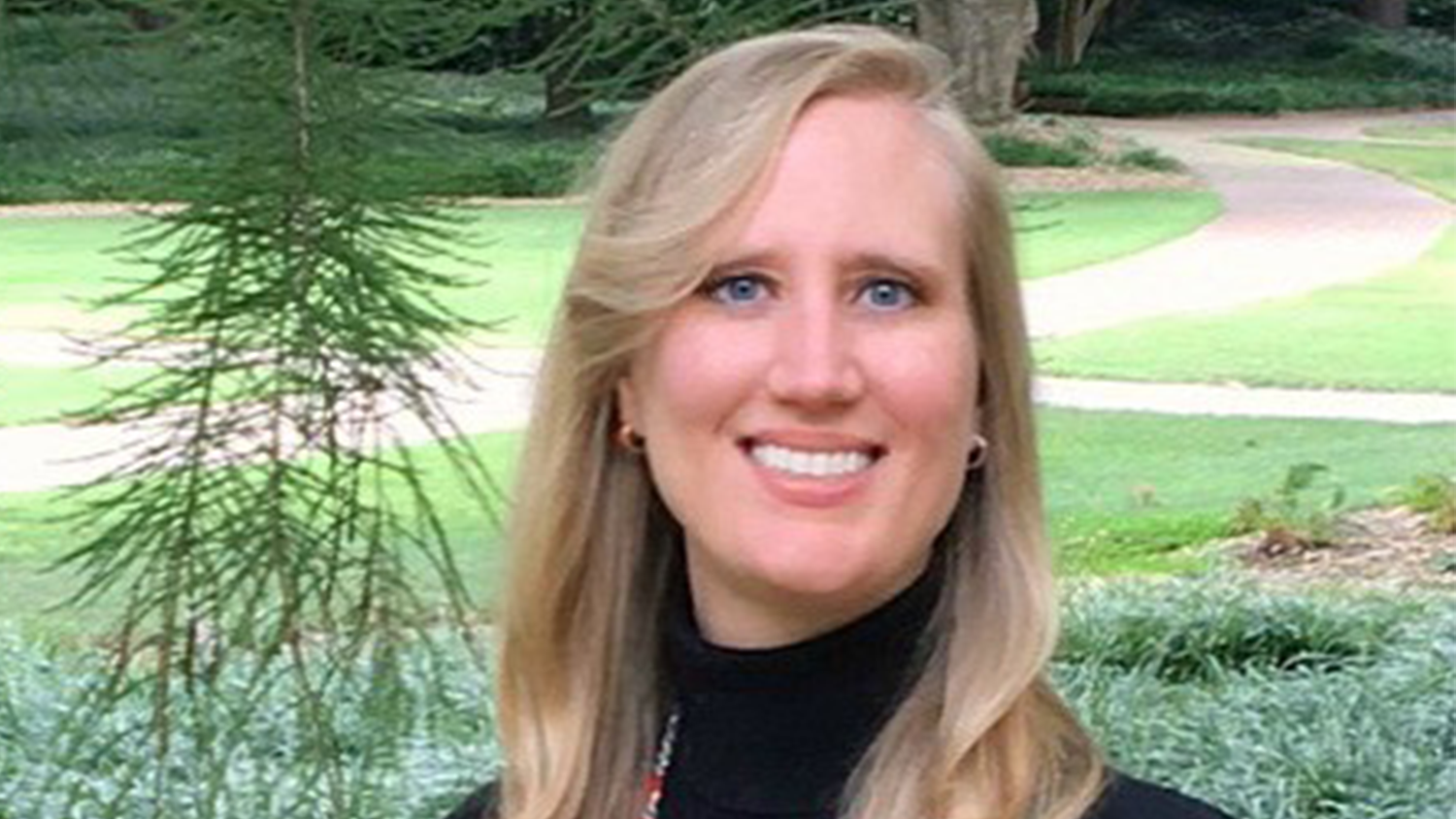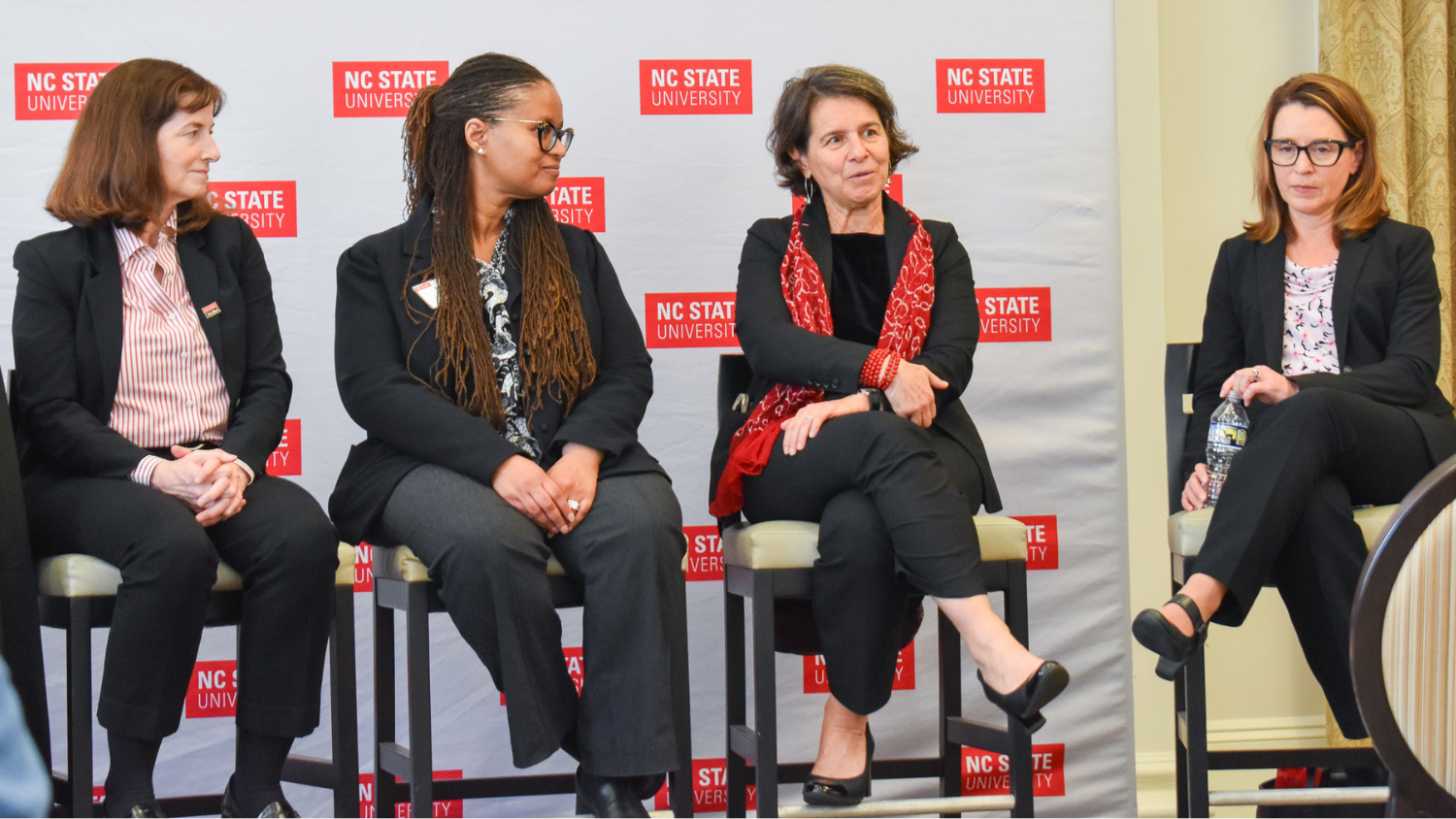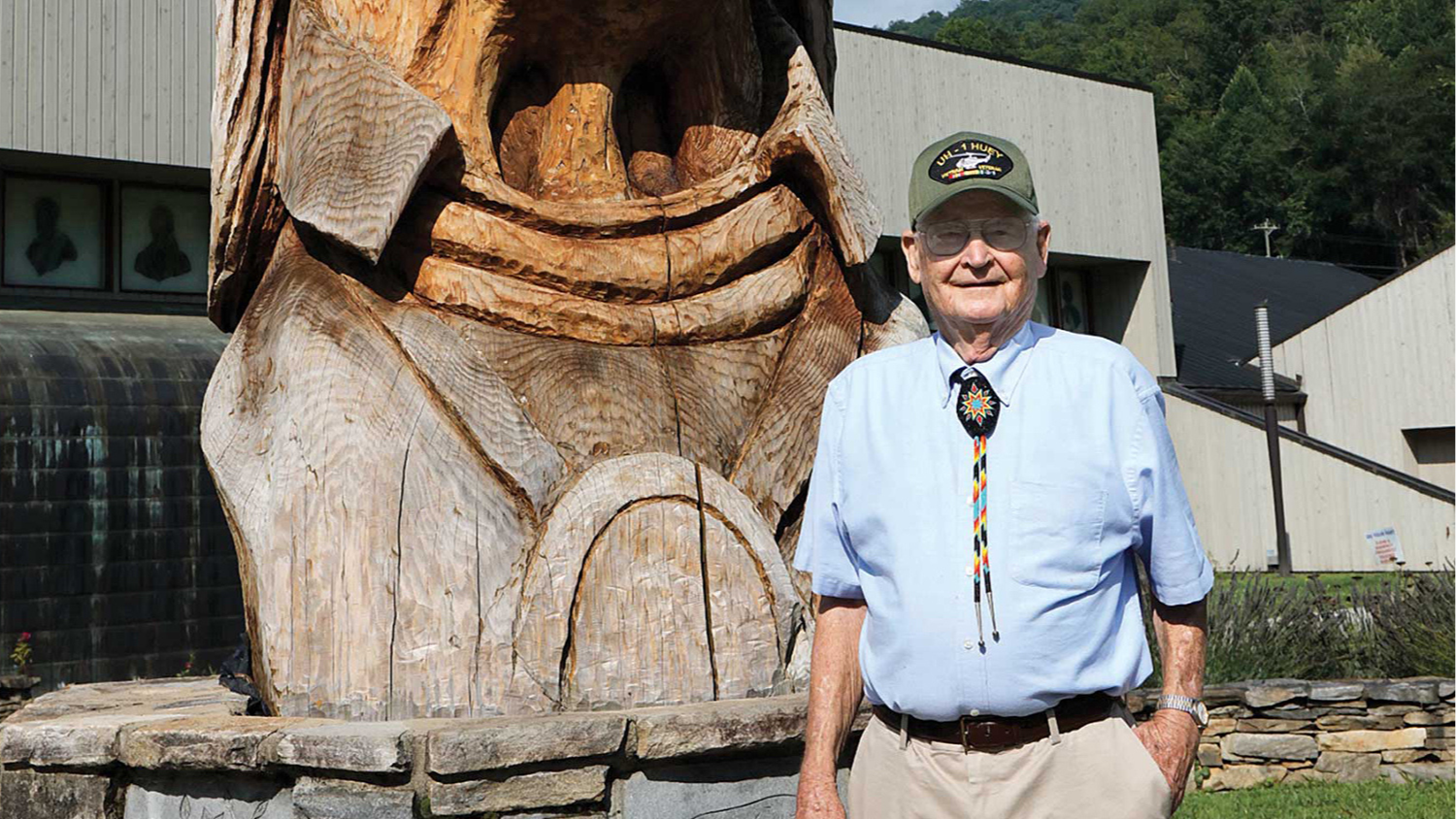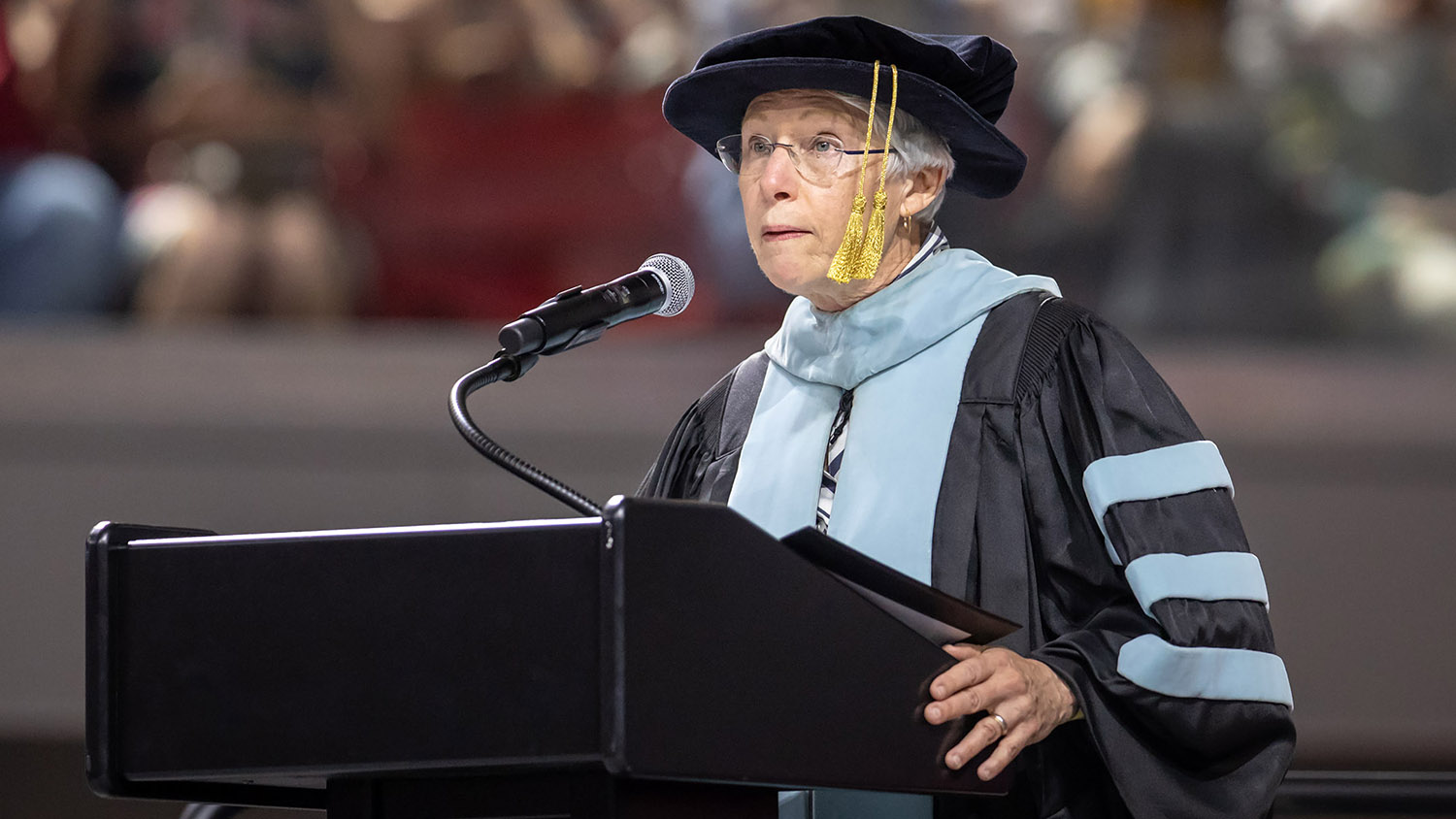‘She’s Changed the Way I Want to Teach:’ Students on Assistant Teaching Professor Joanna Koch

When elementary education major Emma Dye ‘22 needed to teach a sample engineering lesson to her fellow classmates, she was nervous about how she would handle the material. While she was planning what she would say in front of the class, she decided to channel lessons learned from NC State College of Education Assistant Teaching Professor Joanna Koch, Ph.D.
“I really thought about how warm and kind she is and how she really puts everyone at ease and makes everyone feel heard in the classroom,” Dye said. “She’s changed the way I want to teach.”
Dye is a student in Koch’s ELM375 Connections Seminar: Cultural Identities, Social Justice and Diverse Learners course, where the curriculum often includes sensitive topics like race, equity and inclusion. She said Koch’s teaching style creates an environment where she never feels uncomfortable asking questions about difficult issues.
Through Koch’s course, Dye said she has had the opportunity to discuss issues she had never thought about, such as how to model inclusion and identify solutions to use in her future classroom.
“She just has so many great ideas and is so encouraging about us having ideas. She’s so patient with us too, because sometimes those questions are tricky to ask without sounding insensitive,” Dye said. “She’s so patient in terms of explaining everything to us.”
Koch says she builds a classroom community where students understand that multiple perspectives are welcomed and where students feel like their ideas relating to critical issues and potential solutions are valued.
To do this, she makes an effort to build personal relationships with her students. She starts each class with a morning meeting that involves connecting with the students by asking questions that range from simple topics like interests and hobbies to more personal questions like sharing a struggle they’ve recently experienced. She also adds opportunities to share about their personal lives during group discussions so that students can connect the material to their lived experiences.
“It’s an opportunity for me to allow us to connect as humans, not just as a student and teacher,” Koch said. “I feel as though when you teach about content related to culture, you also have to model being culturally competent. I want to get to know who they are, from their cultural identity to their lived experiences.”
With the shift to virtual learning to stop the spread of the coronavirus, getting to know one another looks different now than it has in the past.
Koch said she has used a lot of breakout rooms during online lessons to allow students to interact and build relationships that she hopes will extend beyond graduation, when they are professional educators who may need to rely on each other for support. In addition, since students are limited in having professional experiences inside physical classrooms at the moment, Koch has done her best to model classroom experiences in the course.
“Obviously we all want to be in classrooms so bad and we were worried we would be missing out on learning because we’re not seeing K-12 teachers teach or seeing how kids react in person right now,” said Emily Schonfield ‘22, who is a student in the ELM 375 course and took a summer class taught by Koch. “She takes a lot of time to sit there with us and share stories about when she was teaching. She’s modeling what we’re missing and taking a lot of time to find the lessons that matter.”
Koch says she strives to make her classroom, whether virtual or face-to-face, engaging by incorporating hypothetical scenarios, current events, and giving students the opportunity to share and hear from multiple perspectives about implementing ideas, strategies and methods.
She often incorporates articles written by practicing teachers or videos showing how they teach in the classroom to help students understand multiple approaches and perspectives for their own future teaching.
“I’m just one teacher and I have one perspective, but there’s a whole realm of ideas out there that I want them to be able to learn from as much as they learn from me,” Koch said. “They’re building their toolkit for the future. I want them to walk out of NC State being able to say, ‘I may not have all the answers, but at least I have the tools to be able to make a difference as much as possible.’”
Koch recognizes, of course, that as the pandemic continues, students’ physical and mental wellbeing is just as important as their education.
She keeps open lines of communication with her students and creates an environment where they can come to her if life circumstances are impacting their ability to participate fully in class assignments.
She tries to relay to her students that their health and safety is her number one priority and that there is room to be flexible and adjust as long as they let her know what is going on.
“It helps their social and emotional wellbeing if they’re able to feel like this individual is understanding what they’re going through and it hopefully makes them more inclined to talk to you and more inclined to eventually be able to be successful,” Koch said.
Koch said she has learned to be particularly flexible when it comes to technology issues, finding workarounds when students are unable to join Zoom meetings because of connectivity issues. She will often find other ways to allow them to participate, such as joining a classroom discussion via the chat feature or recording their responses to share with her later.
It’s an approach that Schonfield says removes a layer of stress from her academic life.
“It can feel very scary when technology issues arrive, because we’re relying on it so heavily,” Schonfield said. “She’s very focused on the fact that there are worse things going on than not being able to join a Zoom meeting for the day, which is very reassuring at the moment.”
Of course, although Koch has extended flexibility for her students, she still maintains high expectations for their performance and hopes her students do the same for her.
“You still want to maintain high expectations, but you want to ensure those expectations aren’t always one-sided and are mutually able to be fulfilled,” she said. “These are young adults that are trying to navigate a new world that is unfamiliar so it’s important to be mindful that expectations have to be mutually understood in order for the students to be successful.”
Koch concludes by saying, “I am continuously inspired by educators and students everywhere who are diligently working to effectively teach and learn during these unique circumstances.”
- Categories:


